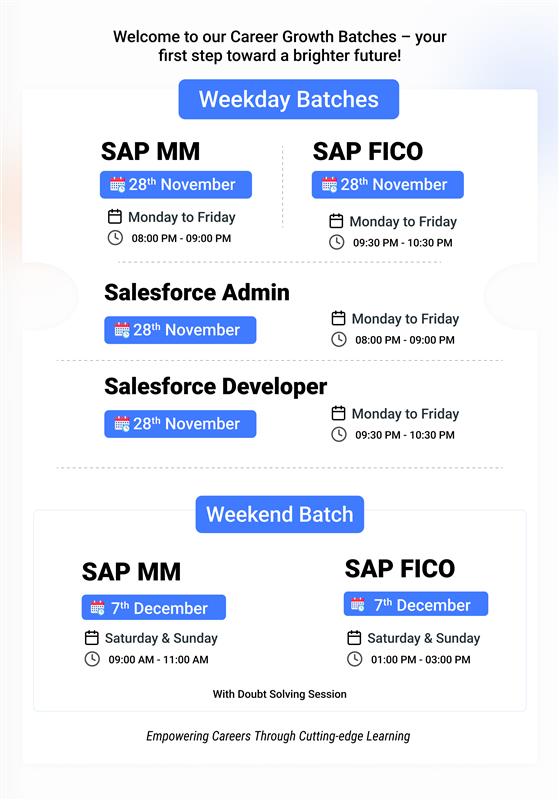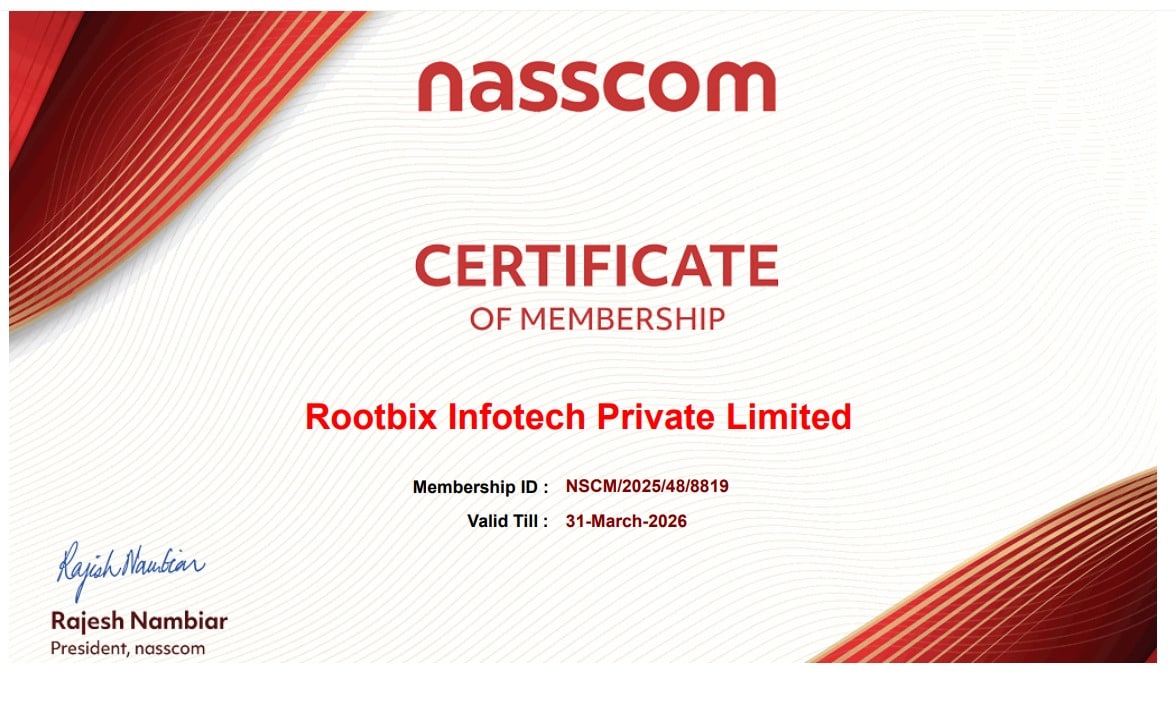SAP Business One (SAP B1)
SAP Business One (SAP B1): A Complete ERP Solution for Small and Mid-Sized Businesses
Introduction to SAP Business One
SAP Business One, commonly referred to as SAP B1, is an integrated enterprise resource planning (ERP) solution designed specifically for small to mid-sized businesses. Developed by SAP, a global leader in enterprise software, SAP B1 aims to streamline operations, improve efficiency, and provide real-time insights into business performance.
Comprehensive Features and Business Integration
SAP B1 offers a wide range of functionalities that cover essential business operations such as:
-
Finance and accounting
-
Sales and customer relationship management (CRM)
-
Inventory and production planning
Its centralized platform ensures real-time data access across departments, enhancing coordination and reducing errors such as stockouts or overstocking.
User-Friendly Design and Customization
The intuitive interface of SAP B1 allows users with minimal technical knowledge to navigate easily. Customizable dashboards display key performance indicators tailored to specific roles, making it ideal for quick adoption and maximizing ROI.
Adaptability to Modern Digital Trends
SAP B1 has evolved with technological advancements, including:
-
Cloud-based solutions for remote access and collaboration
-
Reduced hardware and maintenance costs
-
AI-powered analytics for predictive insights
These features make it an appealing choice for businesses seeking flexible, future-ready solutions.
Conclusion: A Strategic Investment for Growth
In today’s dynamic market, SAP Business One offers a robust platform that enhances operational efficiency, supports informed decision-making, and fosters sustainable growth. Its all-in-one integration, ease of use, and adaptability make it a valuable investment for any small to mid-sized business.
How It’s Used: The Impact of Technology on Everyday Life
Understanding the Role of Technology in Modern Society
The phrase “how it’s used” in the context of technology refers to how digital tools are integrated into daily activities and societal functions, shaping communication, productivity, and knowledge-sharing.
Smartphones: A Gateway to the Digital World
Smartphones exemplify modern usage with their functions spanning:
-
Communication (calls, texts, messaging apps)
-
Information access (web browsing, news, social media)
-
Productivity (email, scheduling, mobile banking)
With over 3.8 billion users globally, smartphones are indispensable in today’s digital landscape.
Apps: Customized Solutions for Every Need
From education to fitness, apps demonstrate the versatility of technology:
-
Duolingo for language learning
-
MyFitnessPal for health tracking
-
Educational apps for self-paced online learning
These applications showcase the personalized and functional nature of digital tools.
Social Media: Communication and Social Change
Platforms like Twitter, Instagram, and Facebook have transformed global interaction. Movements such as #BlackLivesMatter gained traction and drove awareness through digital activism, proving technology’s power to influence societal discourse and action.
Technology in Education
E-learning platforms like Coursera and Khan Academy have revolutionized how students access education. Especially during the COVID-19 pandemic, online learning ensured continuity, emphasizing the importance of digital adaptability.
Conclusion: Embracing Responsible and Effective Use of Technology
Understanding how technology is used helps individuals and society make informed choices. From communication to education, digital tools shape modern life, and their responsible use can drive positive personal and societal outcomes.











